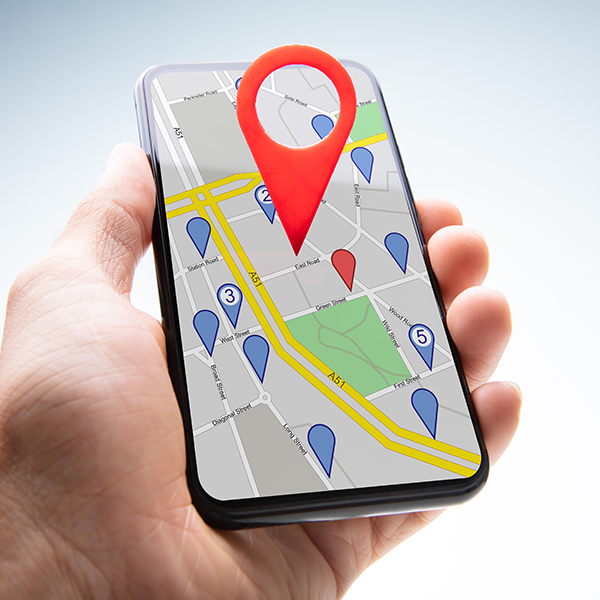Should Automation in the Workplace be Taxed?

Automation has had a place within the workplace since the 1940's, starting with the Ford Motor Company where they coined the term for the automatic handling of parts in metalworking processes.
Today, automation is being used with various industries to eliminate dangerous or repetitive tasks and improve the accuracy and quality of the product. It's not just manual labor-based jobs that are being automated though, service-based organizations are also automating processes to provide a more cost effective experience, this is being achieved with the use of Artificial Intelligence (AI) and chatbots.

Automating tasks and processes does have its benefits for smoother operations; however it doesn't come without some implications. American Mathematician Norbert Weiner developed Cybernetics (the science of communications and automatic control systems in both machines and living things), which meant the concept of automation acquired a broader meaning. During the 1950's and 60's, Weiner caused alarm by mistakenly suggesting that automating machinery would lead to mass unemployment, this however was not the case due to automation not being introduced as quickly as predicted and other economic factors.
Unemployment is one of the challenges the UK Government is facing with more companies adopting the use of AI and chatbots. It is only a matter of time before these challenges face other countries like the U.S. Not only are individuals losing their jobs, automating roles mean that the number of entry-level jobs are reducing, therefore those less skilled or looking to gain experience will face difficulty.
As a result, the UK Government is split on how to tackle the increase on unemployment, Britain's leading party, the Conservatives, are encouraging a growth in business, therefore an rise should occur in revenues from value-add, corporate and individual taxes. However, the Labour party is acknowledging that chatbots will have an impact on unemployment and has suggested the idea of "robot taxes." This revenue will be used to fund the cost of adult retraining, education transformation and unemployment provisions. It has been argued that robots are considered property and add value for the owner. As organizations will be reducing staff, they are likely to make higher profits, therefore the use of robots should be taxed.
There's a Better Alternative
Chatbots have grown from the foundation set by Web chat software, an instant communication channel that helps online visitors to get their answers much more quickly. However the difference is that Web chat software is handled by human operators providing a more personalized and trained service.
A sales team responsible for telephone inquiries may be made up of 20 staff members however, operators are able to handle multiple chat inquiries at any one time, therefore organizations may only need 5-10 representatives managing the chats. This reduces the impact on staff resources without having to pay a tax for the privilege. There is also the confidence that those representatives are fully trained resulting in an interaction that is personalized and accurate to the visitor's inquiry.
There is the risk with chatbots that they will have similar answers available but can offer the incorrect one. Visitors need to be able to trust the information they are being provided with and build a relationship with the company. This increases the chance of them purchasing and also gives operators the opportunity to cross and upsell.
Web chat software also has some automated features to aid the operator rather than replace them; advanced solutions can offer the representative suggestions for answers to the visitor inquiry, this speeds up their response rate as they can select the most appropriate reply and edit it before sending it to the recipient.
Alternatively, if the answer to the visitor's inquiry is available on the website, the operator can push the specific URL through the system that will automatically open a new tab in the visitor's browser. This allows them to signpost the visitor to the correct information.
Web chat software is a great alternative to chatbots and the technology has been around for decades proving to be an accurate and instant way of dealing with visitor inquiries.
Would your organization still consider the use of chatbots if it meant paying a tax for the use?
About the Author
Gemma Baker is the marketing executive for UK Web chat software provider, Click4Assistance, with a range of digital knowledge within PPC advertising, SEO practices, email campaigns and social media.
Read more from this industry insider:

Subscribe to Our Newsletter!
Latest in Software








